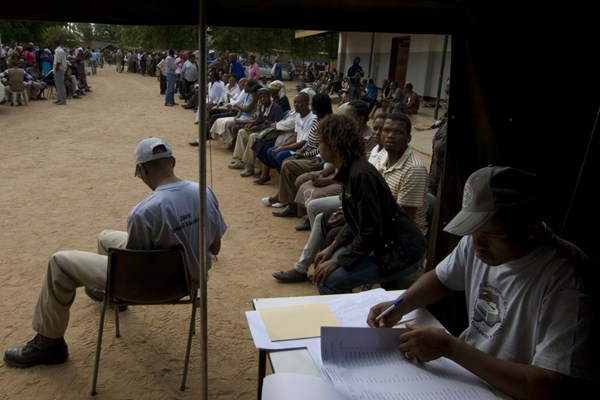Last month, the ruling Botswana Democratic Party narrowly won a majority of seats in parliament. In an email interview, Gape Kaboyakgosi, senior research fellow at the Botswana Institute for Development and Policy Analysis, discussed Botswana’s domestic politics.
WPR: What are the reasons behind the ruling Botswana Democratic Party’s (BDP) recent decline in support?
Gape Kaboyakgosi: A number of factors led to the electoral decline of the BDP. First, for the first time ever, the BDP broke apart, leading to the formation of the Botswana Movement for Democracy (BMD) by several longtime BDP members. Their resignations deprived the BDP of experienced, credible campaigners. By joining with the Botswana National Front and the Botswana People’s Party to form the coalition Umbrella for Democratic Change (UDC), the BMD averted splitting opposition votes, which had hitherto weakened the opposition’s electoral performance.

